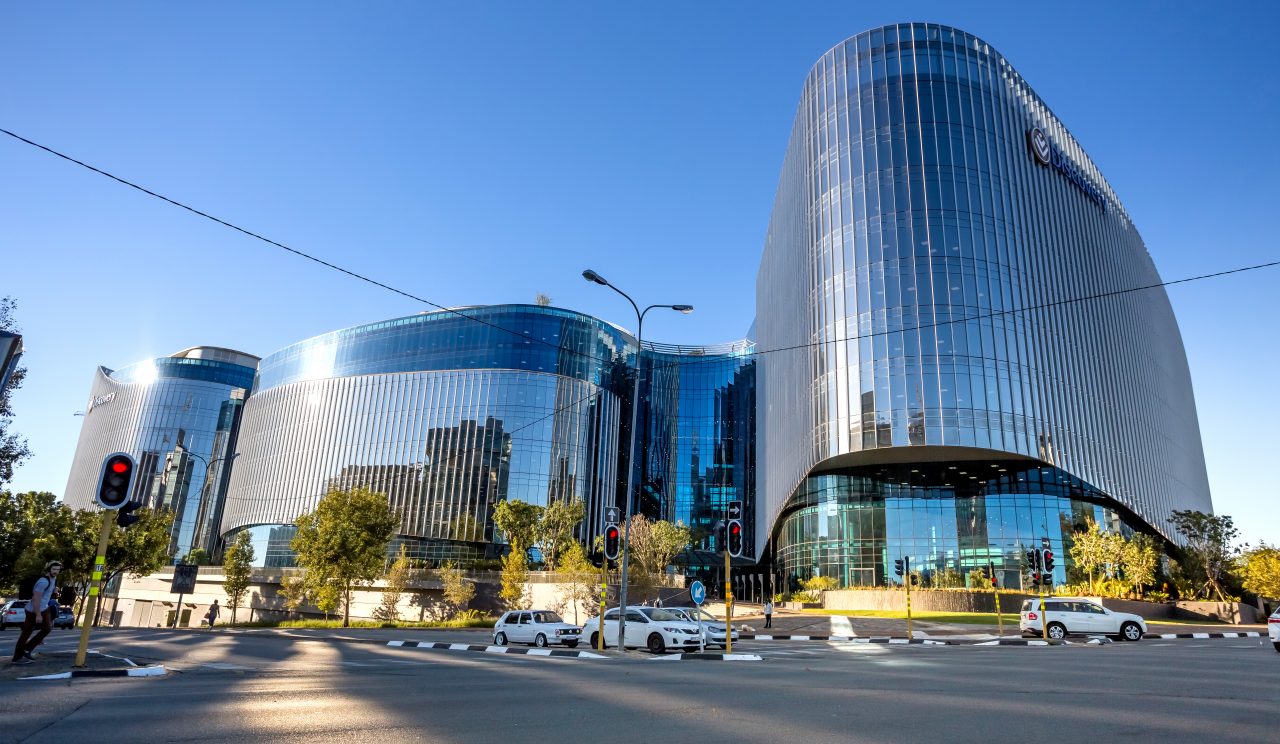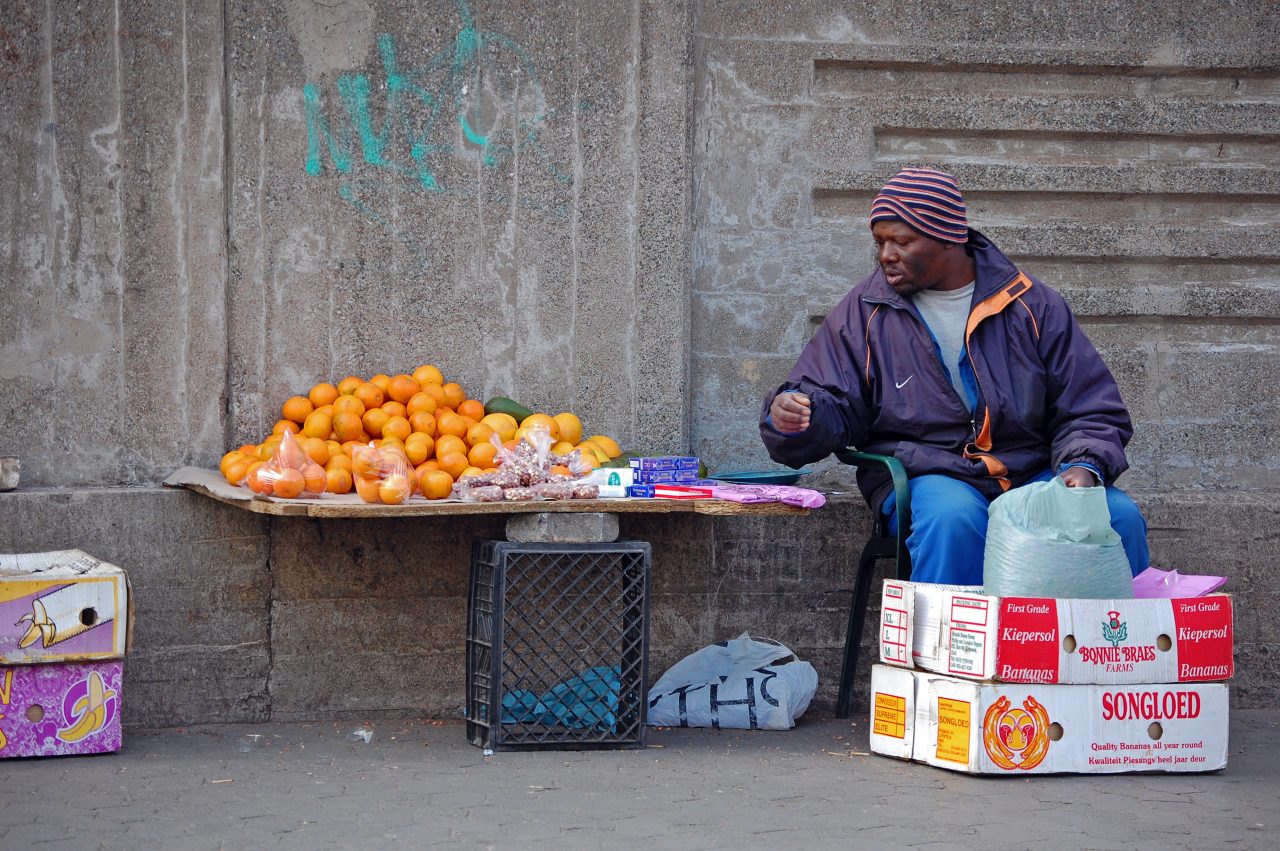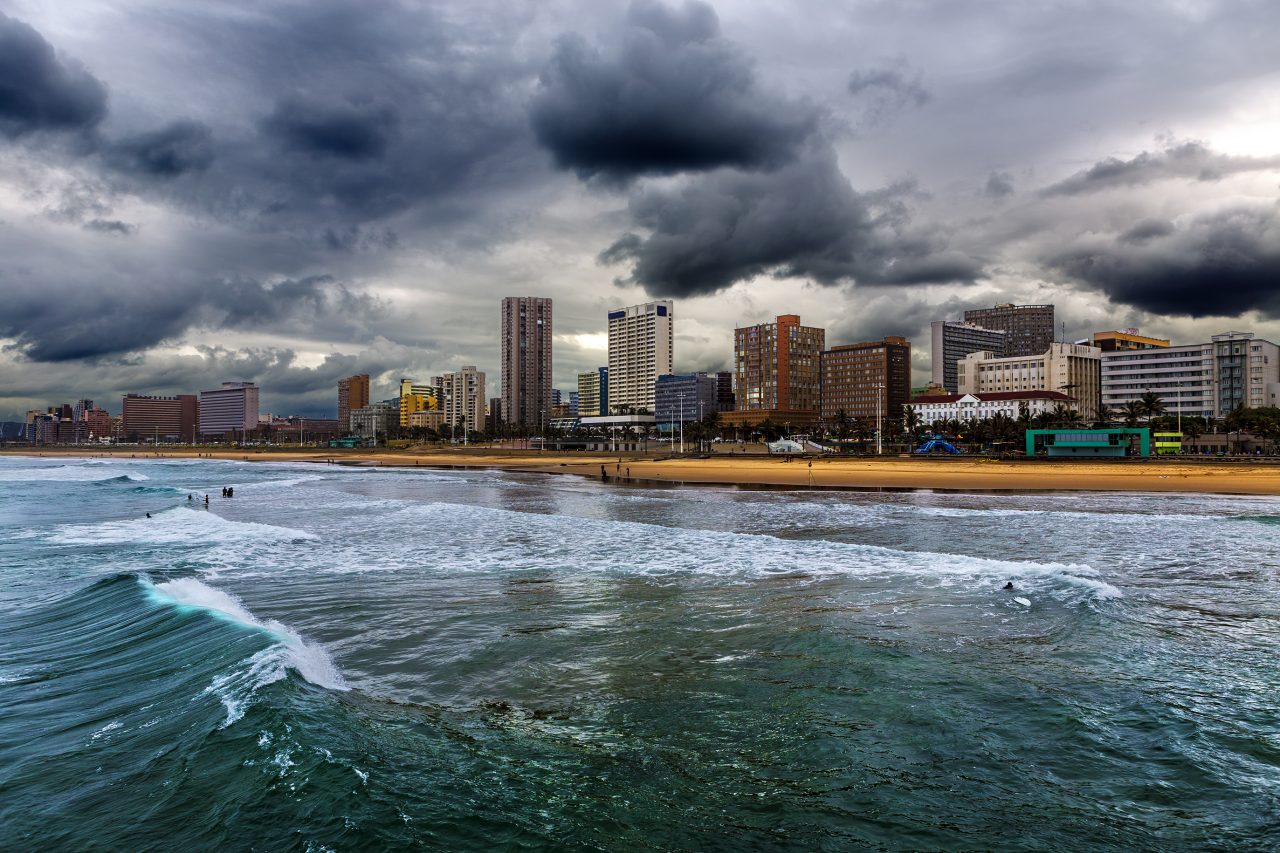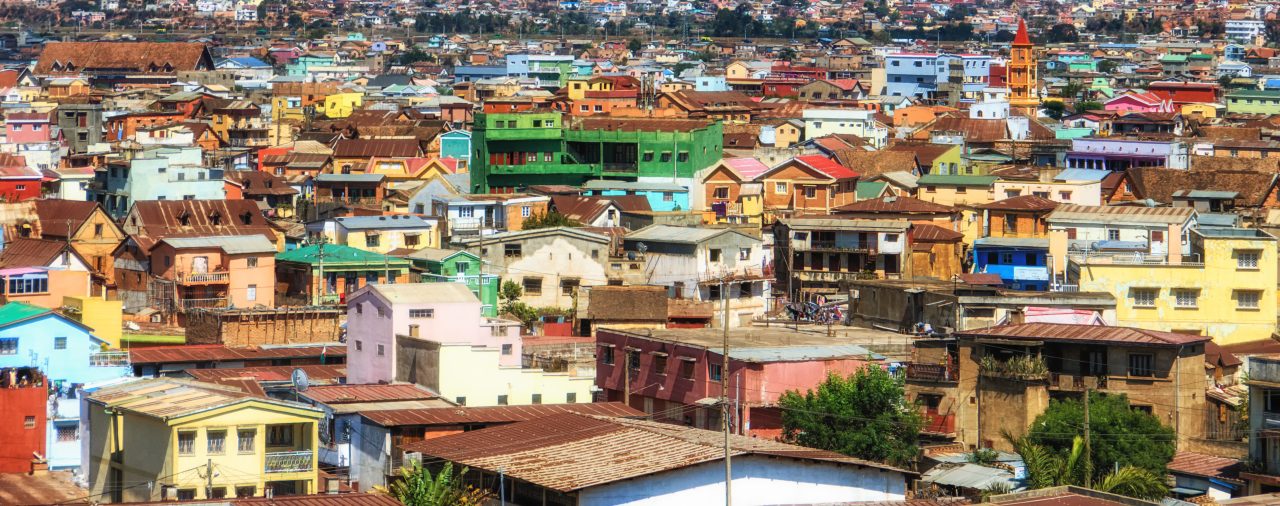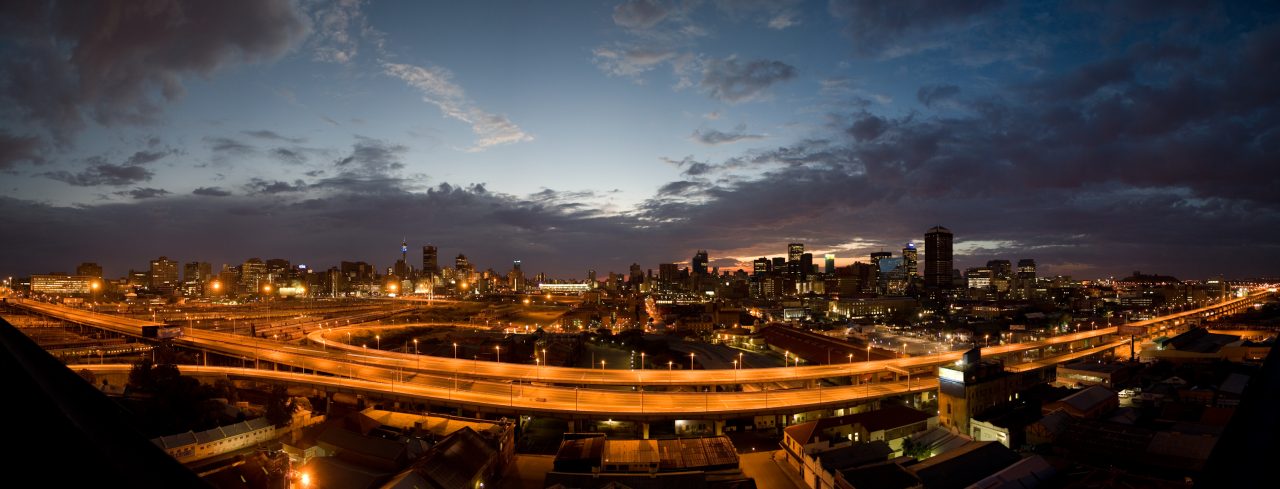Join GlobalBizzNetwork and start your international business network today.
Social media in SA
South Africa is one of the most technologically advanced countries in Africa, yet two-thirds of its adults have never used the internet, and the ones that are lucky enough to access the internet are urban dwellers. The majority of them use their cell phones for access, while the remainder rely on internet cafes, educational establishments or work facilities.
Obstacles
Poor internet connectivity in rural South Africa paired with the high prices of internet-enabled cellular phones has been obstacles to keep the poor disconnected. Most schools and work places in the rural areas (where the majority of people live) have no Internet provision at all. South Africa has 11 official languages that are prevalent and widely spread, but English is commonly used in public and commercial life. This is reflected in the digital habits of South African people who use Facebook, as well as local social network platforms like Mxit.com, the South African established mobile social network.
South Africa’s media landscape
According to a report from TWeb Africa which looked at South Africa’s social media landscape in 2014, “Facebook Over[took] Mxit in South Africa” over other networks like World Wide Worx and Fuseware. Mxit no longer remains South Africa’s largest social network. The research goes on to say that Mxit, which has previously held the number one spot for social networks in SA with 9.5 million active users now has 7.4. Additionally, they go on to say Facebook has become the biggest social network in the country with 9.4 million active users up from 6.8 million a year ago.
Worldwideworx and Fuseware have said in a statement that Mxit has started to feel the effects of competing with other instant messaging services such as WhatsApp and 2go. However, vice president for communications at Mxit, Sarah Rice, has told ITWEB that Mxit’s decision to change its reporting methodology for measuring users has led to the significant dip indicated by World Wide Worx and Fuseware.
“The numbers are correct, but I will tell you the reason for that. At the beginning of the year, Mxit changed its methodology to measure users over a 90 day period to 30 days, thus resulting in the drop in our numbers,” she explained. “If we measure our numbers over 90 days, we would still have more than nine million users. We’ve been completely stable,” she added.
In the meantime, other results of the study say that Twitter saw the highest percentage growth among social networks in South Africa, as figures point to a rise from 2.4 million users to 5.5 million over the year: growth of 129%. Meanwhile, the research has revealed that Google+ has remained the laggard among social networks in South Africa, with only 466,000 active users.
“The most significant finding, aside from the growth itself, was the extent to which social networks are being used on phones in South Africa,” said Arthur Goldstuck, managing director of World Wide Worx, in a statement. “No less than 87% of Facebook users and 85% of Twitter users are accessing these tools on their phones,” he said.
By Patricia Manaetje
Source: text 100
Interesting reads:
